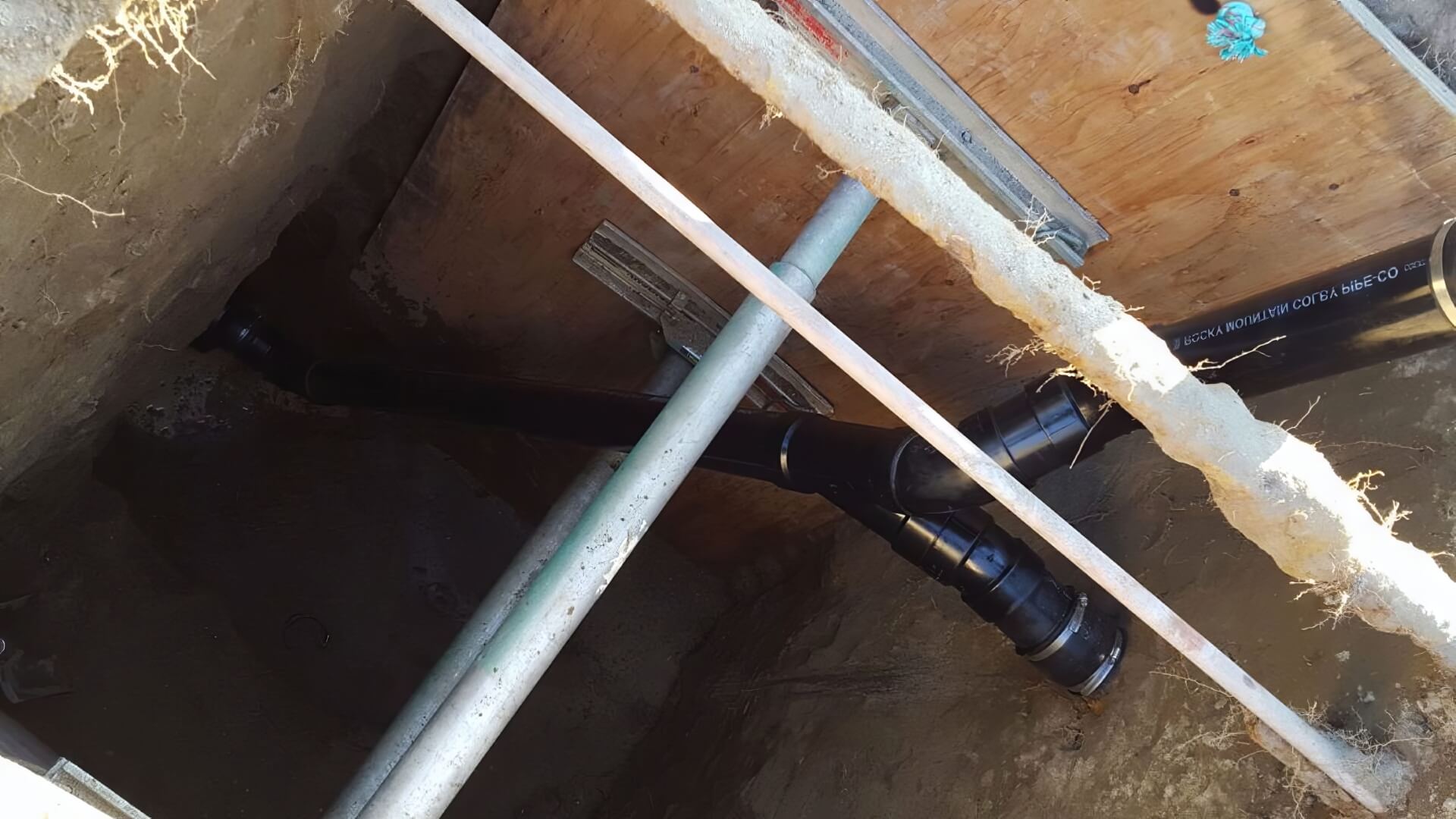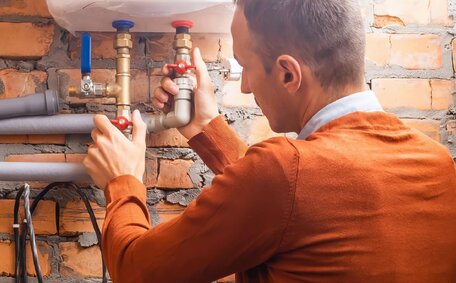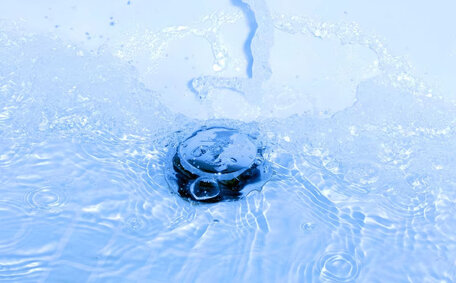How old is your hot water system?
The typical lifespan of hot water systems is between 8 to 12 years. A dependable hot water system in Ryde, Sydney, can typically last without major repairs or replacement. Being aware of your system’s age helps schedule timely replacements and prevent future complications.
You can locate the manufacturing date printed on the data plate or sticker on the side of your hot water system tank. Consider system replacement if your water tank is over 8 years old to pre-empt issues associated with ageing. A hot water tank over 10 years old may show wear signs and become prone to consistent failures.
The costs of repairing an old system can often exceed the investment in a new, energy-efficient hot water system.
Is your water pressure low or water flow reduced?
Low water pressure or reduced flow from your taps can indicate a need for water heater repair. A buildup of sediment and mineral deposits can start amassing over time inside your tank, affecting pipes, valves, or drain lines.
Other issues that may reduce water pressure and potentially cause leaks are:
- Partially closed shutoff valves
- Scale accumulation in piping and heaters
- Failing water pressure relief valve
- Leaky plumbing allowing air to enter
Running out of hot water makes operating several hot taps at once difficult. You might also find that the water temperature is too hot or cold and takes longer to reach the taps, occasionally starting with cold water. The temperature can fluctuate as well.
Improving water flow can include replacing worn washers and valves. If issues persist and your system gets used more frequently, underlying problems can worsen; call us to schedule an inspection of your hot water system.
Do you have leaks or signs of corrosion?
Visible leaks or corrosion are signs your water heater system requires immediate attention. Leaks where water can escape indicate internal issues, which are warning signs, while corrosion manifests as rust spots, or mineral build-up.
Inspect the entire perimeter of your water heater for any signs of puddles, dampness, or staining that may suggest repair is necessary. Examine all pipe connections, joints, valves, and the tank’s surface for signs of rust, white mineral deposits, or copper-related discoloration.
Wet areas or suspected gas leaks pose electrocution risks and might require assessing the need for a new water heater. Undetected tank corrosion can cause your water heater to fail over time. Neglecting leaks in your hot water system can result in significant water damage at your property.
Is your water discolored, smelly or cloudy?
Discoloured, smelly or cloudy water could be a sign your hot water system has concerning issues within. Rust corrosion inside the tank is a common culprit, causing brown, red or yellow tainted water.
Cloudiness or white particles in the water your heater produces, running out of capacity, point to anode rod decay, which can accelerate sediment buildup. A strong rotten egg odour or a yellow pilot light can signify there could be decaying magnesium rods within the system. Blue-green stains result from copper corrosion in pipes or fittings.
Consider draining or flushing your water heater to remove sediment before deciding on replacement. Persistent discoloration, odd smells or cloudiness likely means internal corrosion is present. Continuing to use a faulty system risks further damage plus potential bacteria exposure.
Our licensed technicians can evaluate the condition of your water heater, determine the extent of any corrosion, and advise on the best restoration measures.
Are your energy bills higher than normal?
Unexpected increases in your energy bills can signal there’s something wrong with an ageing or faulty gas hot water system. In Ryde, Sydney, higher than normal gas costs often point to gas hot water system issues like element failure, energy inefficiency or hidden water leaks.
High energy costs can result from issues like a faulty heating element affecting system efficiency:
- Corroded or broken internal components
- Heating elements requiring replacement
- Loss of insulation causing heat loss
- Undetected water leaks
- Inability to adequately service household needs
Investing in a modern heat pump hot water system is often more cost-effective than repeated repairs on an outdated unit. Our Ryde Plumbing experts can diagnose inefficiencies in your system and provide quotes for appropriate upgrades.
By installing a correctly sized and energy-efficient hot water service, most households can save money on their energy bills. Our team can help identify issues making your system work harder.
Is the water temperature inconsistent or fluctuating?
Inconsistent or fluctuating hot water temperatures often indicate an issue with your hot water system. Common causes include:
- Failing thermostat - If the thermostat isn’t working properly, water temperatures can fluctuate wildly.
- Sediment buildup - Mineral deposits in the tank can interfere with hot water output, resulting in irregular temperatures.
- Damaged heating elements - Malfunctioning or elements that are worn out will likely cause fluctuating water temperatures.
- Low water pressure - Restricted flow reduces hot water supply, dropping the temperature.
Fluctuating water temperatures can be uncomfortable and indicate your system requires servicing. You may initially notice hot water taking longer to arrive, shifting between hot and cold. The problem could worsen over time if not addressed, resulting in greater temperature inconsistencies.
We service and repair a variety of hot water unit brands throughout Ryde, Sydney. Our skilled technicians excel at identifying and resolving issues that hinder consistent water heating in your system.
Do you hear strange noises from your water heater?
Popping, cracking, banging, or rumbling noises from your water heater may signal a need for attention. Sediment buildup is one most common culprits behind strange water heater sounds.
Mineral deposits and rust can build up at the bottom of the tank over time. As the sediment layer expands, the buildup can begin to shift and fall away. Sporadic popping banging, or snapping noises may manifest as sediment chunks break loose inside the unit.
An excessive sediment layer can lead to erratic boiling and resulting noises within the hot water system. Noisy heating elements can point to part failures as well. While harmless at first, unusual noises tend to amplify until repairs are completed.
Annual flushing of your hot water system helps prevent sediment accumulation. Catching problems early allows for a simple repair, often avoiding more extensive work.
Contact us if your unit emits odd sounds, and we’ll work to restore its normal function.






